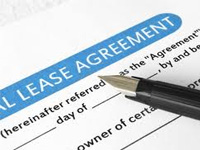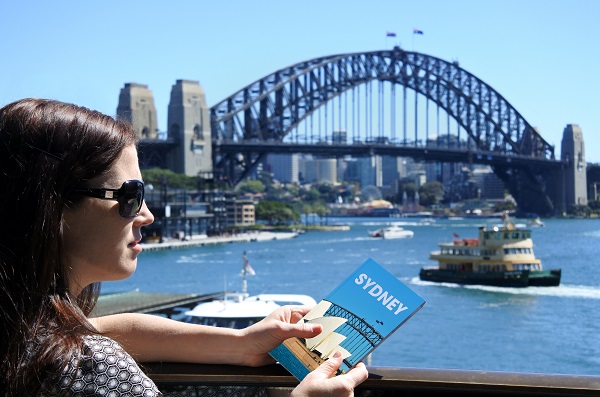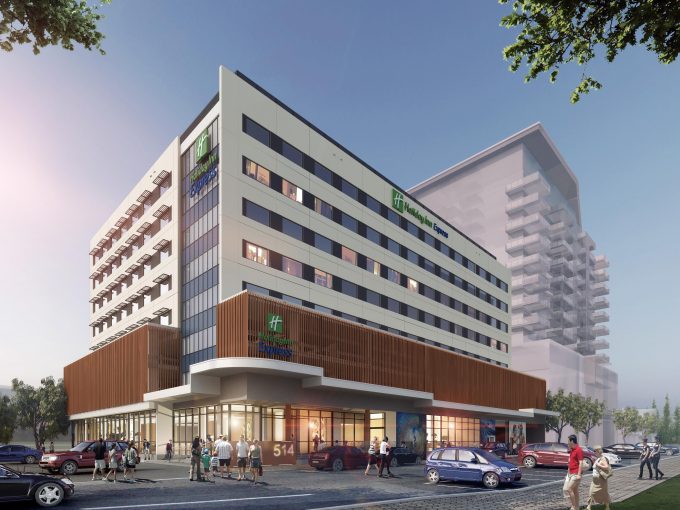
What constitutes a long term lease?
What is a long term lease? In a commercial, retail or industrial property a long term lease is accepted as a three year plus three year lease or maybe a five year plus five year lease.
This is the norm and is accepted. In the motel industry a five year plus five year lease is considered a short term lease. Why?
One argument is that a motel business cannot be easily picked up and moved to another building/locality. This is also the case for many retail, commercial or industrial businesses, for example a convenience store cannot be picked up and moved to another locality, yet a three-year plus three year lease in a convenience store is normal practice. Many industrial businesses require large tonnage cranes in their buildings. This is not easily replaced without hundreds of thousands of dollars to install a new crane or cranes as per the requirements.
Another argument is that one is buying a business (inclusive of the lease document) and has a capital outlay to buy the assets of the business. These assets diminish in value rather than appreciate once the lease reduces below a certain level of time remaining.
It is often the case when a motel lease is being sold a potential buyer will say for example “there is only 15 years left on the lease”. If run for five years there will only be 10 years remaining. This may be the case but the return on investment of a lease is high and will increase the lower the term of the lease for obvious reasons.
At the end of the day a 10 or 15 year lease is a long term lease. No one knows what they will be doing in 10 or 15 years or where they will be. People have goals in life and directions they would like to head in, and places they would like to be but no one can guarantee where life will take them such a long time into the future.
It is generally in the lessor’s interest to extend a lease for their security of tenure and to provide them with more options when refinancing, etc. It is reasonable to believe that the longer the term remaining on the lease, the stronger the position/security of both the lessee and lessor. This may not be the case when the land is situated in highly desired positions. The site may be ripe for redevelopment with a higher or better use or the motel may be in need in major refurbishment and be deemed that it is more cost effective to be demolished rather than renovate. This sounds good in theory but what happens when the lease is close to expiration and the development market is poor.
Timing is everything.
Due to most lessors owning a motel property that is leased as a passive investment, it is often the case that the lessor will not want the lease to come to an end. The majority of the time the purpose of ownership is a passive investment, not the day to day operating of a business. Lease extensions are a saleable commodity in the market place. Most lessors whose lease term has run below 15 years, will have been asked at some stage by a lessee to extend the lease. The result should be a mutually beneficial transaction for both parties.
It does not happen often but sometimes a lessor when asked will not extend a lease. Often they ask “why extend the lease when there is still 14 years to run, which is still a long term lease?” Fair point, however a lessee will argue if either party wants to sell their interest at some stage a longer lease of say 20 years will be more attractive to a potential buyer on both sides.
Also a fair point.

AccomNews is not affiliated with any government agency, body or political party. We are an independently owned, family-operated magazine.






